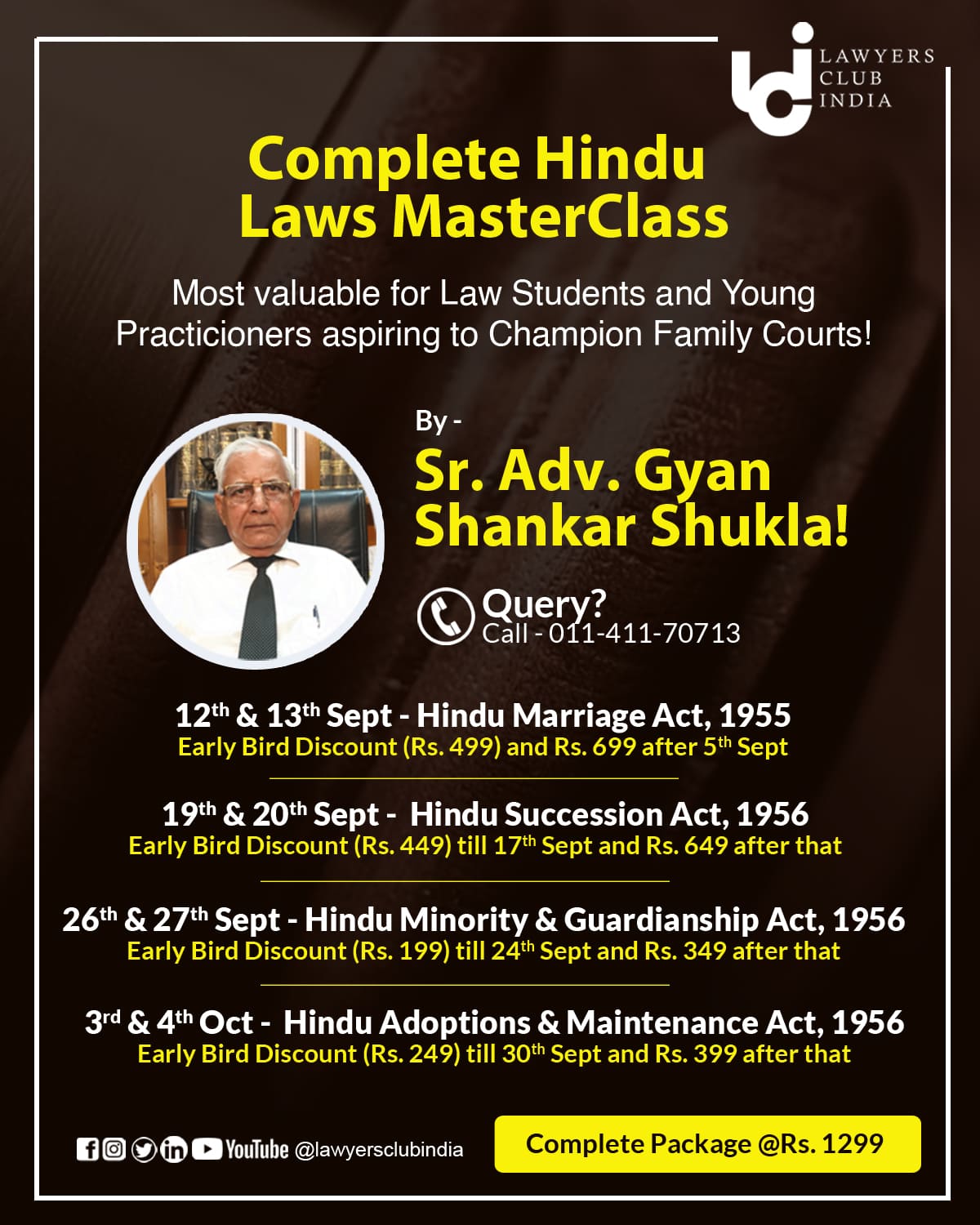Bench:
D P Mohapatra & K G Balakrishnan
Issue:
Whether the second marriage of the appellant is valid under Hindu Marriage Act or not?
Facts:
• The appellant in the suit was married to respondent on 6.9.1970, and they had three children after their wedding.
• Sivagami, the respondent complained that she was ill- treated and physically tortured by appellant and his mother.
• She left the house of the appellant and started living with her parents, after she left the appellant said to have married another women named Kasturi in Thiruthani, Tamil Nadu.
• Respondent filed a criminal suit against appellant and 6 others under the Metropolitan Magistrate, but they were acquitted by the court.
• Then the respondent filed a criminal appeal before the High Court of Madras, where the court permitted the complainant to adduce evidence regarding solemnisation of marriage.
• After questionings and cross-examinations, the accused/appellant was acquitted by the Metropolitan Magistrate.
• High Court ordered that appellant had committed offence and will be punishable under Section 494 of Indian Penal Code.
Appellant's Contention:
Appellant contended that an important ritual of Hindu marriage didn’t take place in their marriage, therefore the marriage cannot be made valid. The missed ritual was called as "Saptapadi" where after tying sacred thread around wife’s neck, both husband and wife should walk around the fire 7 steps holding each others hand.
Respondent's Contention:
The respondent produced a witness (PW-3) who said that there was valid marriage, in which the provisions of Section 7A were present. Therefore the marriage should be considered valid and the appellant should be punished under Section 494 of IPC.
Judgment:
The Supreme court upheld the judgment of High Court to punish the appellant for committing bigamy and rejected the appeal of the appellant.
"The learned Single Judge was right in holding that the appellant committed the offence of bigamy and the matter was correctly remanded to the trial court for awarding appropriate sentence. We see no merit in this appeal and the same is dismissed accordingly." said the Supreme Court of India.











